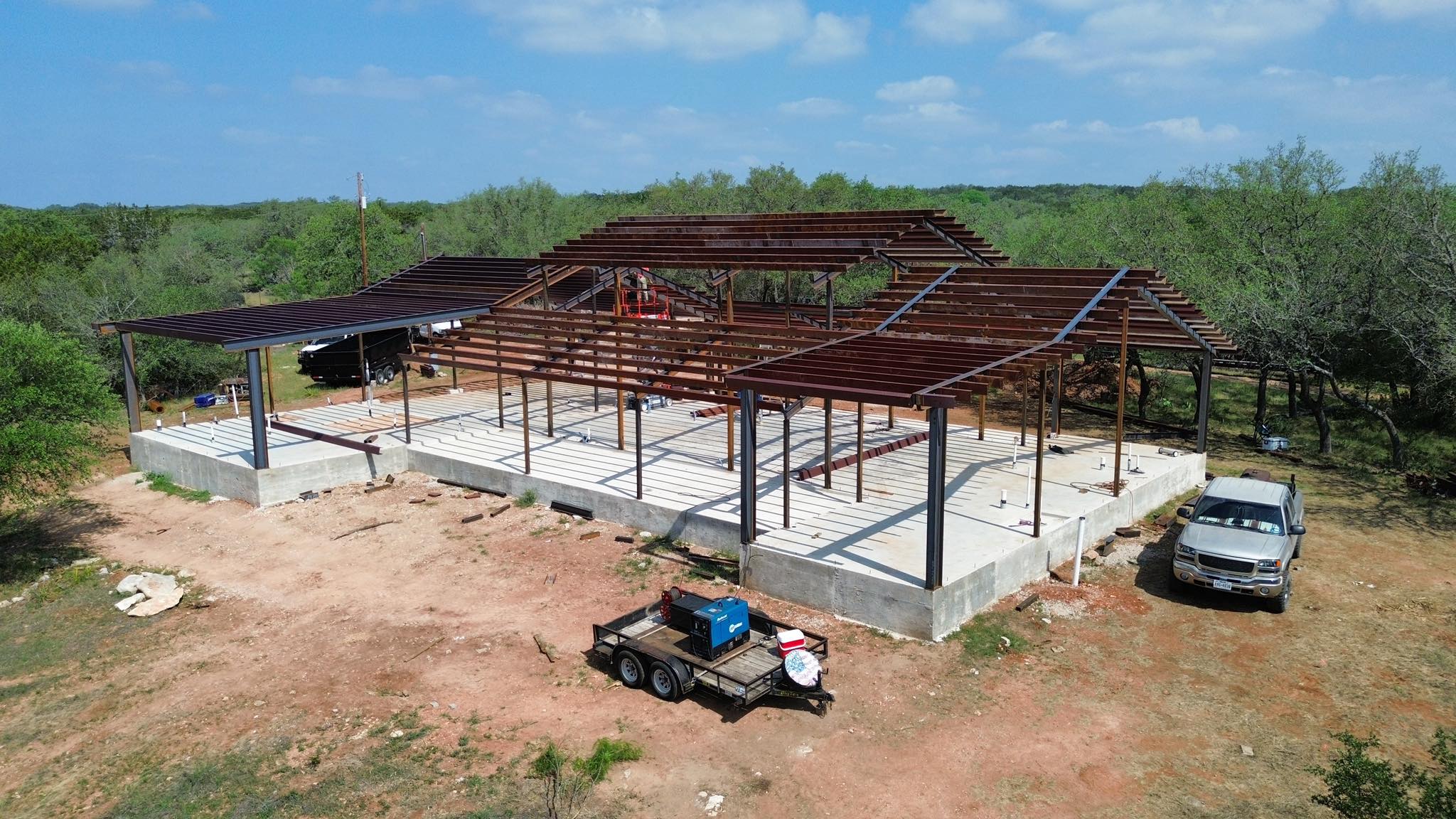
Essential Tools of the Trade: Equipping Your Workshop for Success in Welding Sep 30, 2025
To begin with, your welding power source is undeniably the backbone of your workshop. A versatile power source caters to various welding processes such as MIG, TIG, or stick welding. Each method requires specific voltage and amperage levels, so investing in a reliable unit that can handle your preferred welding method is paramount. When selecting a power source, consider factors such as duty cycle and thermal efficiency as they directly influence productivity.
Safety gear is the next critical component in any welder’s arsenal. The importance of personal protective equipment (PPE) cannot be overstated, starting with a quality welding helmet that offers auto-darkening features to protect your eyes from harmful UV and IR rays. Don't forget about fire-resistant jackets, gloves, and steel-toed boots that can keep you safe from sparks and flying debris. Investing in proper PPE will not only ensure your safety but also boost your confidence while working on projects.
High-quality welding cables and electrodes are vital. The right cables should be durable and compatible with your welding machine, ensuring the smooth passage of current from the power source to the welding arc. As for electrodes, your choice should match the material you're working with. For instance, mild steel typically requires electrodes that provide good penetration and a stable arc, while aluminum welding might require different specifications.
A cutting tool is another piece of equipment to consider. Plasma cutters and oxy-fuel torches are popular options, each offering unique advantages depending on the material thickness and type you’re dealing with. Plasma cutting is perfect for precision work and provides clean cuts, whereas oxy-fuel torches are exceptional for thicker materials.
Supporting equipment, such as a welding table, should not be ignored. Sturdy and heat-resistant, a good welding table is designed to withstand heavy projects and can improve both your comfort and accuracy. Look for tables that offer adjustable heights and additional features like clamps or shelving.
Let's not forget about ventilation systems. Overlooking workshop ventilation can lead to health hazards from fumes and dust. Installing an adequate fume extractor can help reduce exposure, maintaining a safer environment for you and your colleagues.
Storage solutions, like racks and toolboxes, ensure that your workspace remains organized and efficient. When tools and materials are easy to find, you save precious time and reduce downtime, leading to better results.
Finally, continuous learning and training tools such as welding simulators can be a game-changer. These resources help refine your techniques without wasting materials, allowing for experimentation in a risk-free environment. Practice is key to perfecting your craft and increasing your skill set.
In conclusion, setting up a well-equipped welding workshop requires precise planning and the right investments. By focusing on essential tools and equipment, safety measures, and professional development, you establish a productive and safe working environment. At C&C Fabrication and Welding LLC, we believe that a well-prepared workshop is the foundation of successful welding projects, allowing you to bring your fabrication visions to life efficiently and safely.
/filters:no_upscale()/filters:format(webp)/media/c7dbfef4-9cbf-42a2-949a-750a1db6ef4a.jpeg)